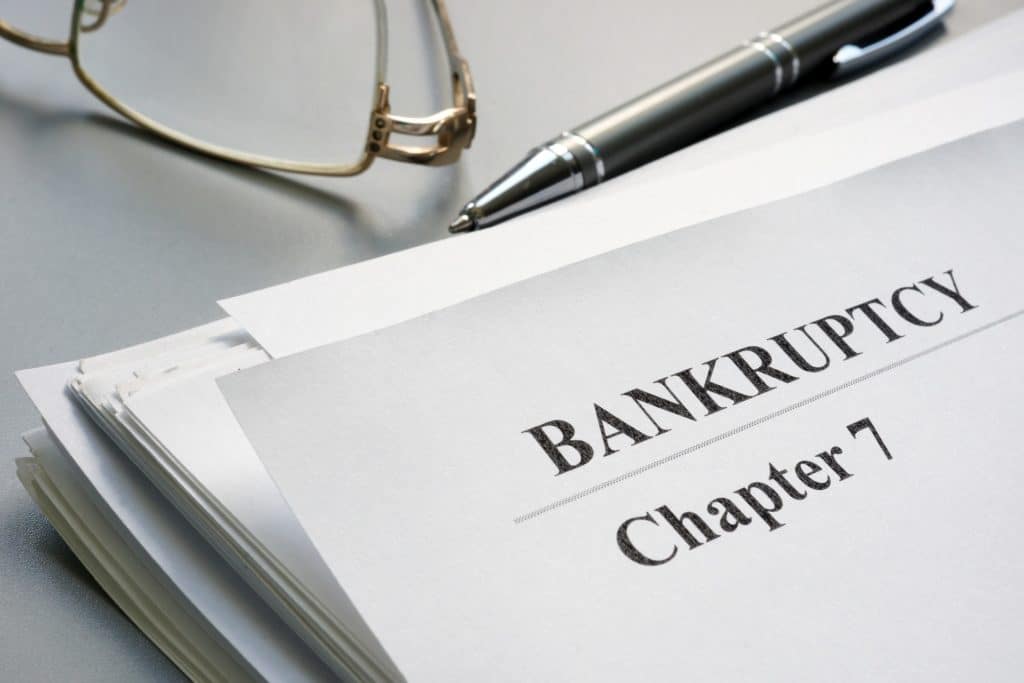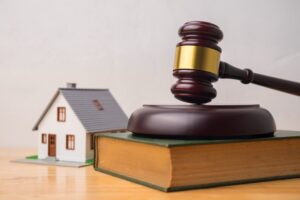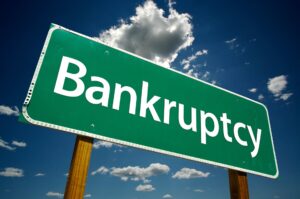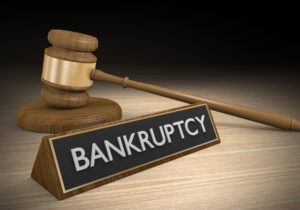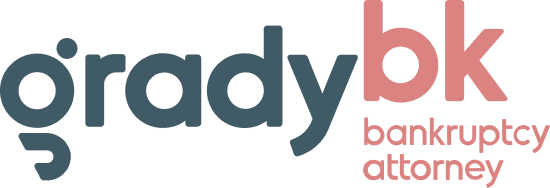Struggling with debt can negatively affect your quality of life in multiple ways. It’s natural to feel overwhelmed by the seemingly insurmountable debt you owe, and you may feel hopeless about your ability to ever regain control of your financial situation. However, it’s essential to acknowledge that you are far from alone in this struggle. Individuals, families, and small businesses across the country are carrying similar burdens and wondering how they will ever climb out of financial debt. While a stubborn stigma surrounding bankruptcy continues to make this option appear desperate or even shameful, filing for bankruptcy can give you the relief you seek and enable you to feel hopeful about the future once more. As you explore your debt relief options in Central New York & the North Country, here are some Chapter 7 bankruptcy basics to help you familiarize yourself with the process. Additionally, consider enlisting the guidance and support of an experienced and compassionate bankruptcy attorney to help you make informed decisions with greater confidence.
An Overview of Chapter 7 Bankruptcy
When you file for Chapter 7 bankruptcy, a court-appointed trustee is in charge of reviewing your bankruptcy petition. They will confirm that you have listed everything you own and everyone you owe money to. The trustee also reviews your exemptions to confirm that all your property is protected.
Chapter 7 Exemptions
The bankruptcy code allows debtors to keep certain exempt property (land, house, cars, money in bank, etc.) in their possession when filing a Chapter 7 bankruptcy. You list everything that you own and the law provides you exemptions to protect that property. In New York you can take the NYS exemptions or the federal exemptions. New York’s Homestead Exemption protects the equity you have in your home (currently up to $89,975 per person on the deed). It’s worth noting that the state’s homestead exemption, no matter where you live in New York, is more generous than the federal homestead exemption, but the federal wildcard exemption is better. Most people are able to protect all their property. If you have property that is not protected your attorney will work with you to determine your options.
Non-Exempt Property Under Chapter 7 Bankruptcy
If there is no exemption to protect certain property you have, you will want to work with your attorney to determine if you can convert the non-exempt property into exempt property. If you have any questions about whether an item is exempt from bankruptcy, reach out to your experienced bankruptcy lawyer for clarification.
Qualifying For Chapter 7 Bankruptcy in New York
To qualify for a Chapter 7 bankruptcy filing, you will need to pass what’s known as a means test, which essentially prevents those with the financial ability to repay creditors from discharging their debt. The means test considers your income within the last six months to determine how much income you have left over every month that could be used to pay back creditors. If your income falls below a certain threshold, you will likely qualify for Chapter 7. However, you may be ineligible for Chapter 7 bankruptcy if you received a Chapter 7 discharge within the past eight years, or you received a Chapter 13 discharge, if that Chapter 13 bankruptcy was filed within the past six years.
Filing For Chapter 7 Bankruptcy in New York & The North Country
First, you must attend an online credit counseling session before filing for Chapter 7 bankruptcy. Once you have completed the course, you can obtain, complete, and file the necessary paperwork to initiate the bankruptcy process. These documents will ask you to provide detailed and accurate information about your income, debts, expenditures, creditor holdings of secured and unsecured debt, and a list of your property. Once you have filed for bankruptcy, the court will issue an automatic stay that prevents creditors and debt collecting agencies from contacting you for payment. Essentially, the automatic stay triggers the stop of all collection activities, such as wage garnishment, lawsuits, foreclosures, filing of liens, and the seizure of your property. Once the bankruptcy is filed you will attend a court hearing with the bankruptcy trustee about a month later. You are eligible for a discharge (debt is wiped away) about two months after this court hearing. Once you have your discharge you will immediately start rebuilding your credit (we will give you information on how to do this). This process may seem intimidating, but working with a compassionate bankruptcy attorney will give you the clarity and confidence you need to move forward.
